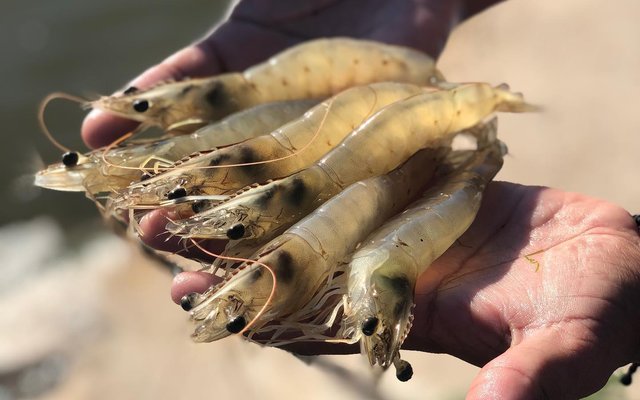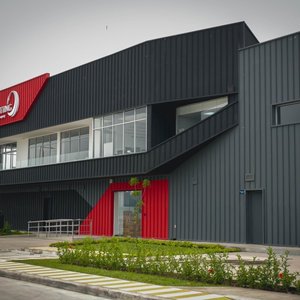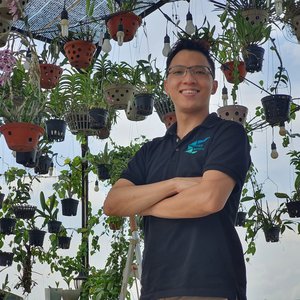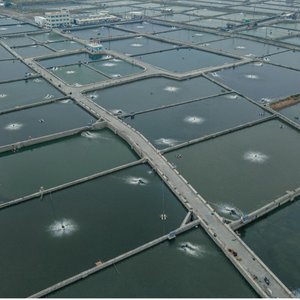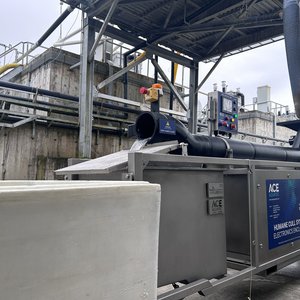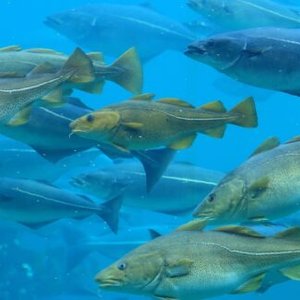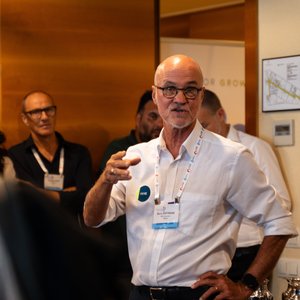Gold River Production, Inc. has acquired Texas-based company Trans American Aquaculture (TAA), the company said in a press release. Going forward, the main business of the company will be aquaculture production and aquaculture genetics.
Based in Rio Hondo, Texas, and covering 1,880 contiguous acres of both land and water, the company operates the largest land-based aquaculture technology company in the United States. Trans American Aquaculture was founded by the Granda family of Ecuador and their business partners in 2017. The Granda family is an aquaculture family with decades of experience in shrimp production and shrimp genetics in Ecuador. To date, over USD 9 million has been committed by the Granda family and their business partners to the Rio Hondo facility to build the operations. Trans American Aquaculture has produced close to 1 million pounds of pacific white shrimp in Texas since inception and is also prolific in the sale of broodstock and post larvae shrimp.
Recently, Adam Thomas, CEO of Trans American Aquaculture, signed a deal in Algeria for the delivery of both post larvae and broodstock as the sole provider of shrimp genetics for the first large-scale shrimp aquaculture facility in the country. It is a government-funded program, in which the government of Algeria is committing more than USD 30 million to create a shrimp farming facility that ultimately aims to produce up to 1,000 tons of shrimp a year. Contracts have been signed to provide PLs and broodstock, that will generate a significant amount of revenue, which they believe to be on an ongoing basis.
The Rio Hondo-based facility produces broodstock and post larvae shrimp for its own shrimp production and sale to other aquaculture companies including companies featuring recirculating aquaculture systems (RAS). By controlling its own "proprietary" genetic lines, the company can produce lineages with superior and sustained growth rates that are cold water tolerant and disease resistant. All the company's shrimp for human consumption, broodstock and PLs are produced in the USA.
Adam Thomas, chairman and chief executive officer of Trans American Aquaculture, said, “it is my sincere pleasure to take the Granda family's decades of experience in the aquaculture industry and its world-class science to a small public company. We are not "public company" operators. We are businessmen and some of the former members of the private company who are now shareholders of the public company are world-class leaders in the segments of the aquaculture industry they operate in.”
“We apply science and genetics to the aquaculture industry and our products are produced in the United States without the use of hormones or antibiotics. We sell to distributors throughout Texas and the West coast with direct lines into stores such as HEB and Safeway and they gladly accept our product as a superior product to any imported products from countries such as India, Vietnam, and China. We are also getting significant international interest because our genetics are U.S.-borne which is highly desirable to responsible aquaculture operations throughout the world,” Thomas explained. “We are supremely confident that we will be the number 2 land-based producer of shrimp in the United States in 2023 among all private and public companies and our genetics business will continue to grow.”
Trans American Aquaculture started at the 1,880-acre site in 2017 and completed its new hatchery in 2019 that obtained the Best Aquaculture Practices (BAP Certification) so that it can sell all shrimp stages internationally. During the five years at the site, Trans American Aquaculture has developed a cold-tolerant line of the Pacific white shrimp for both marine-based systems as well as RAS-based systems operating in colder climates.


